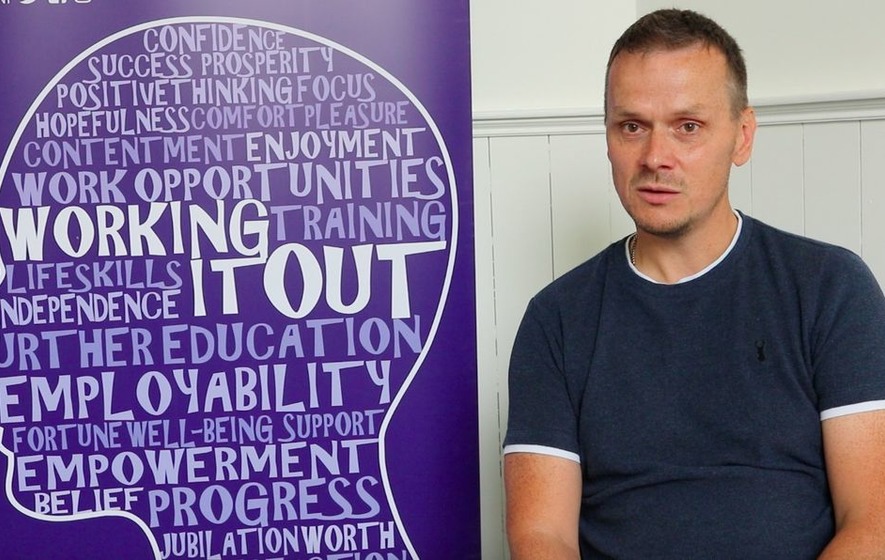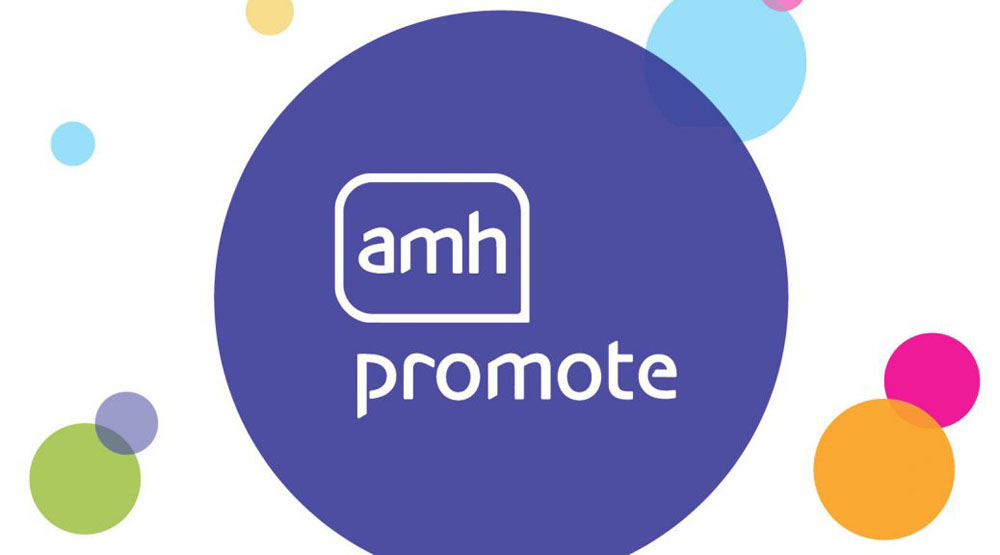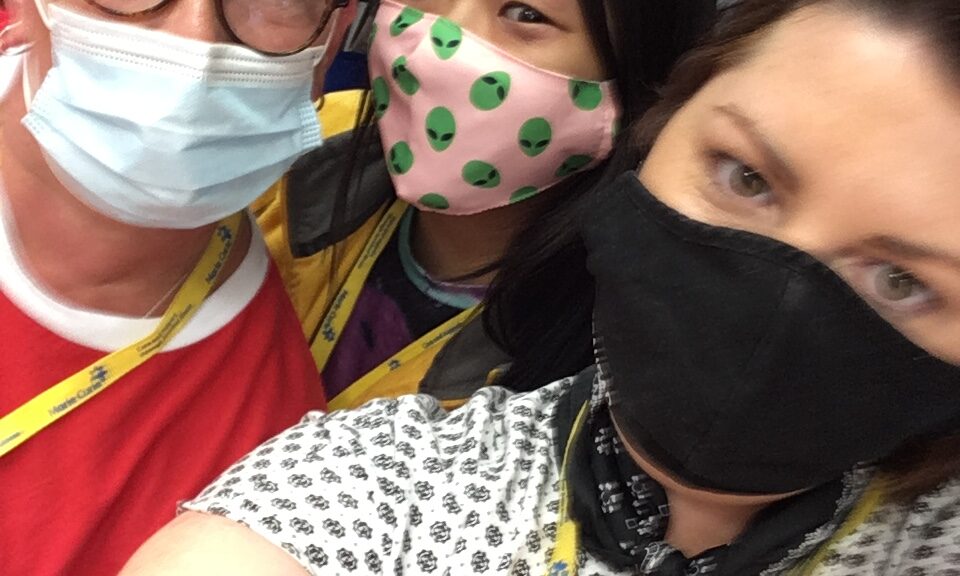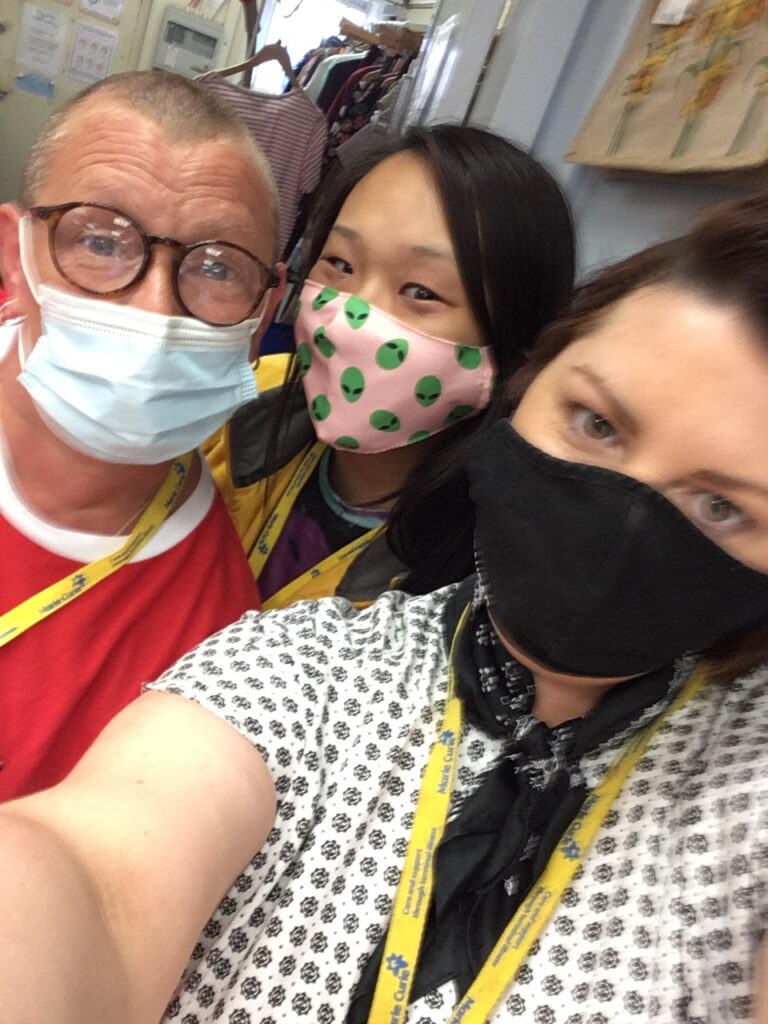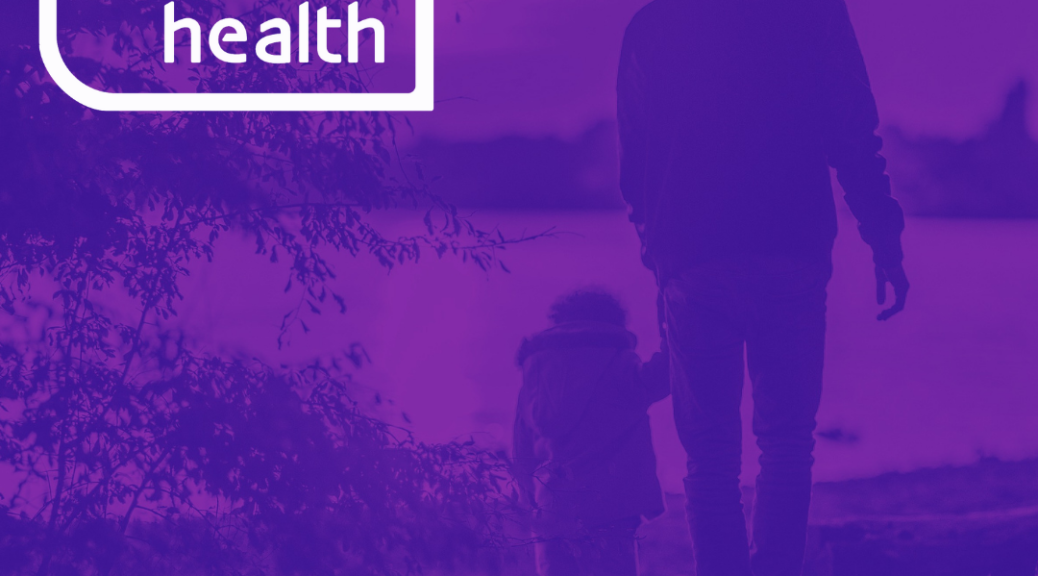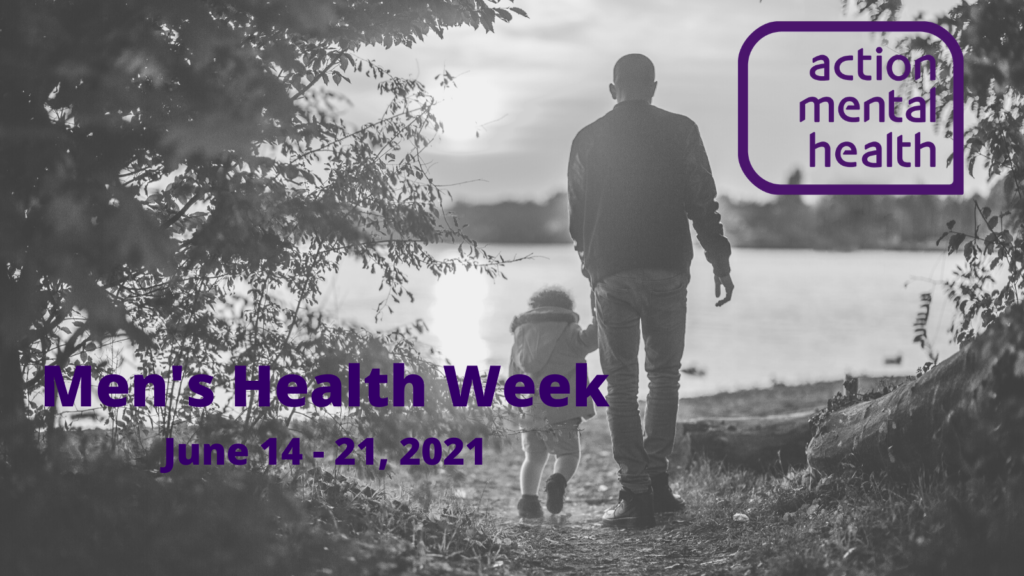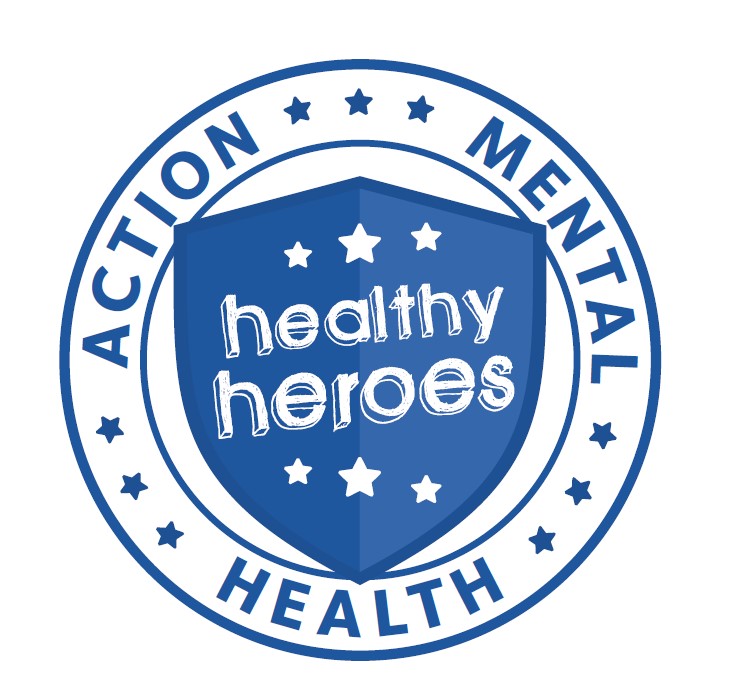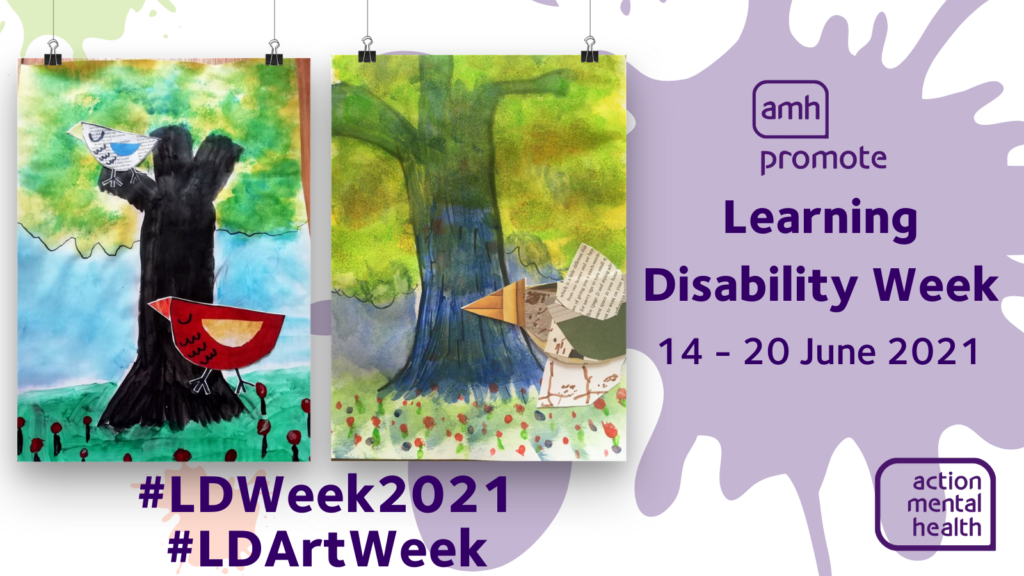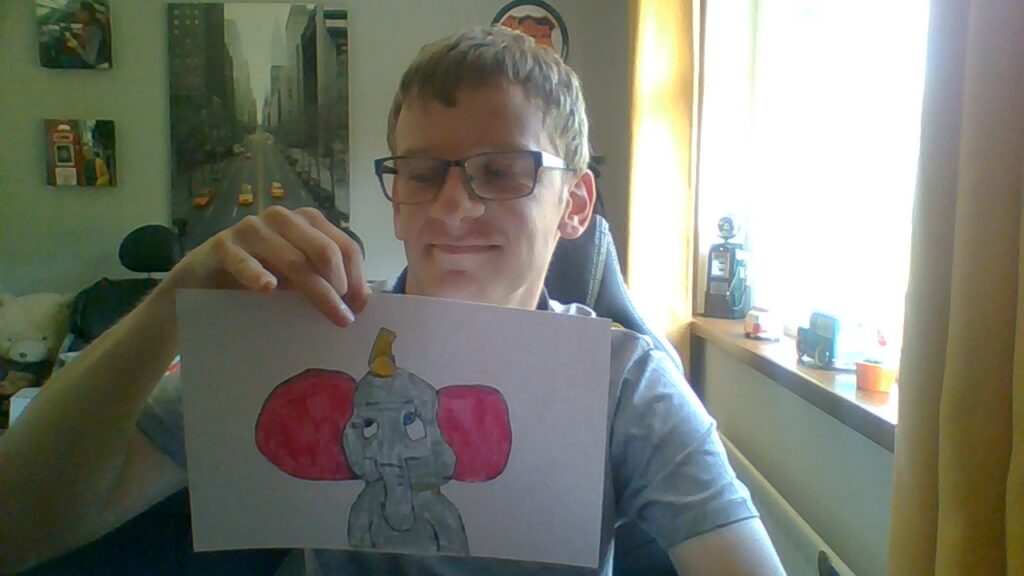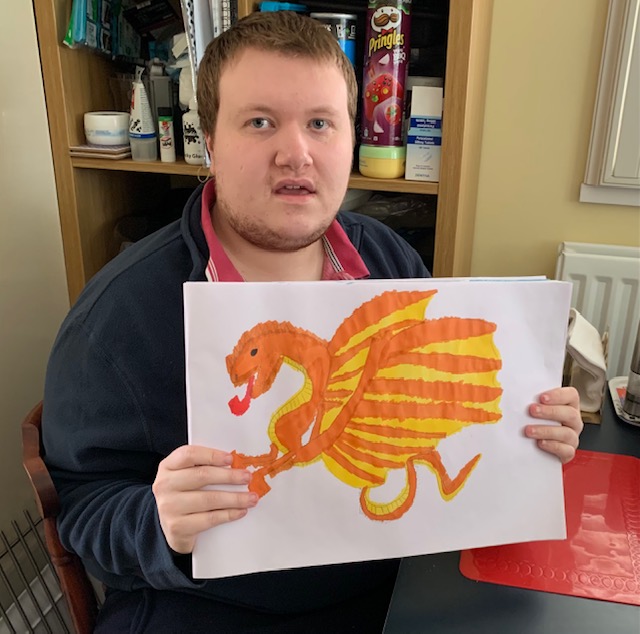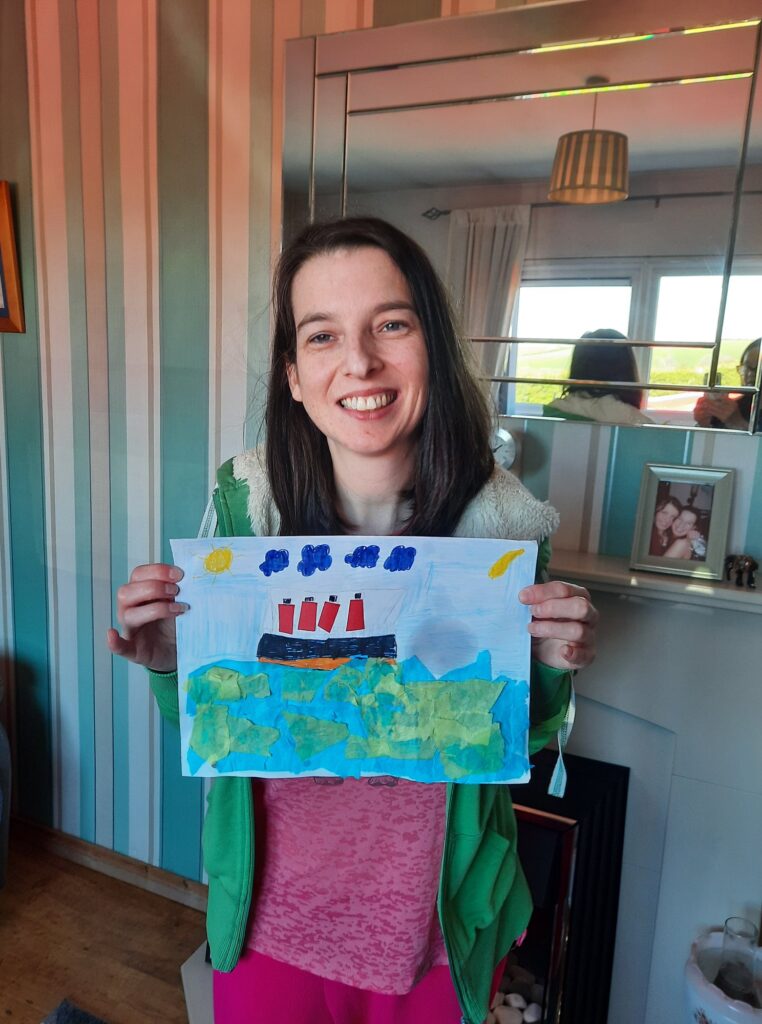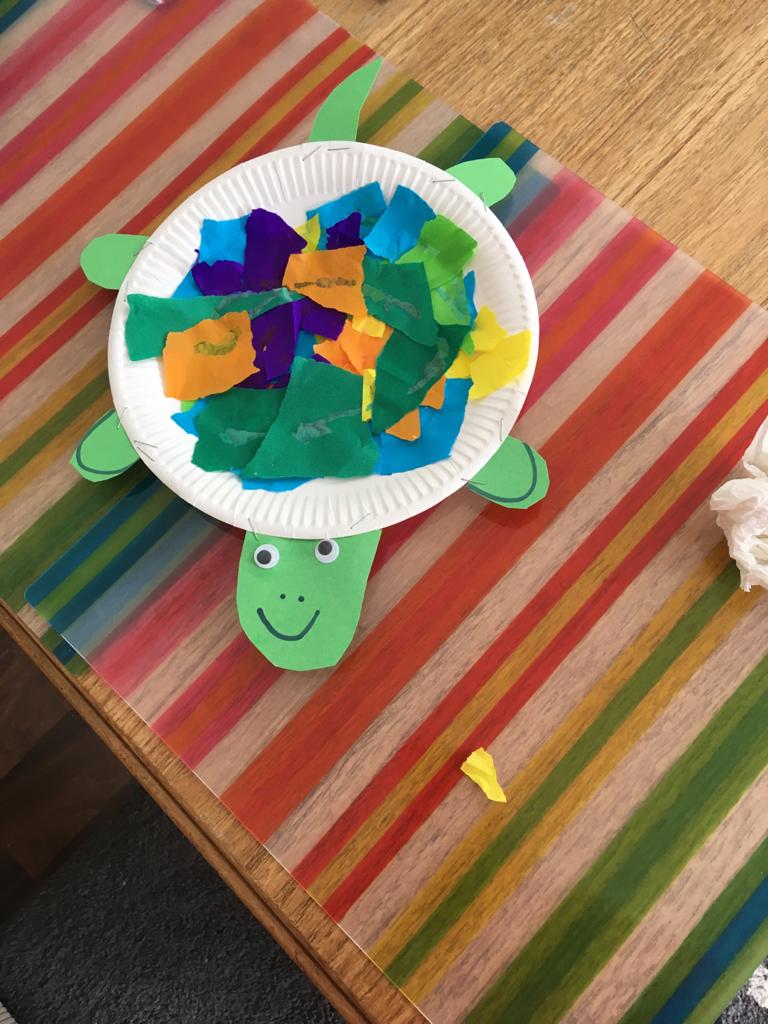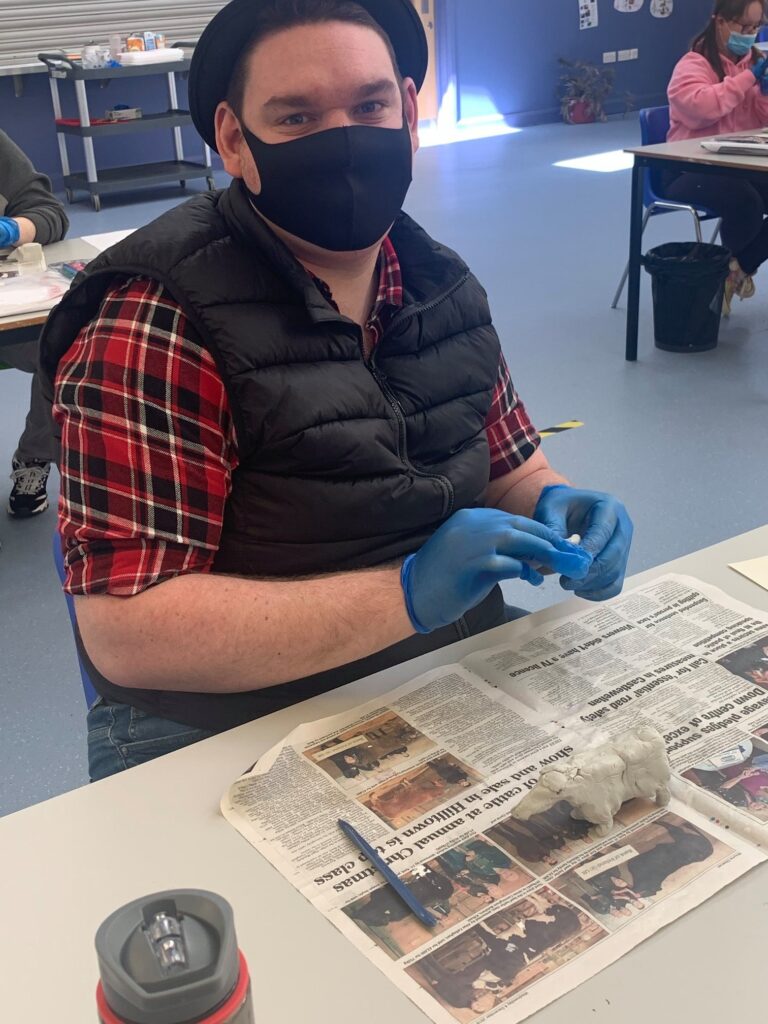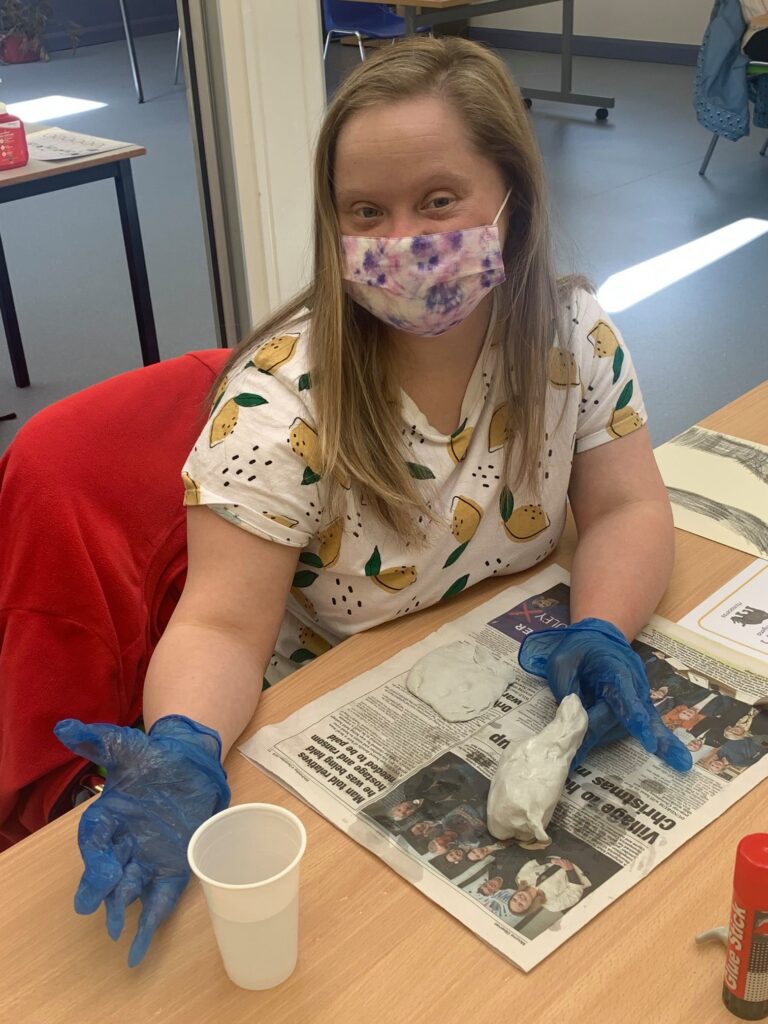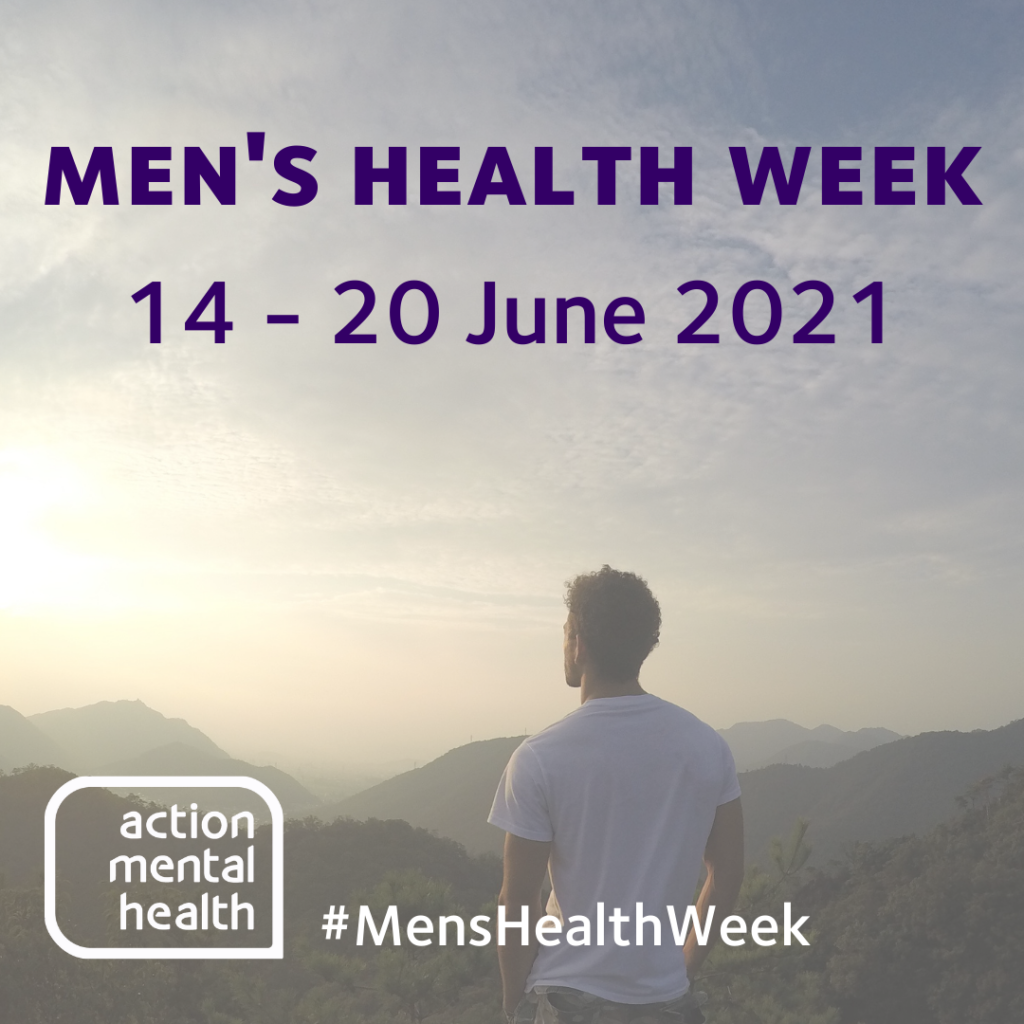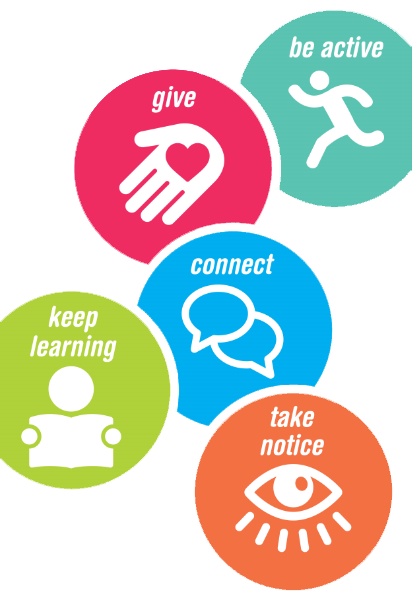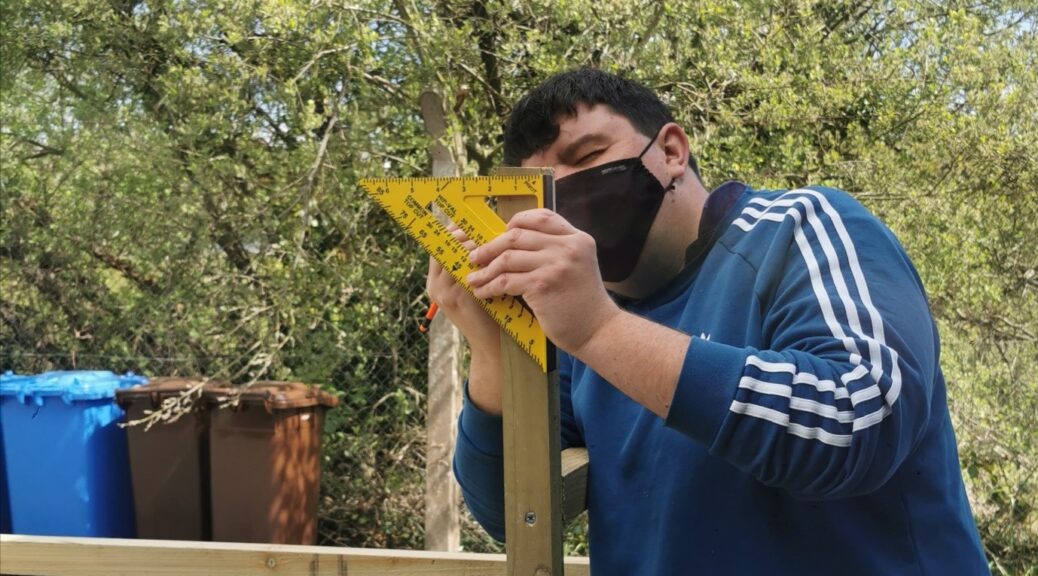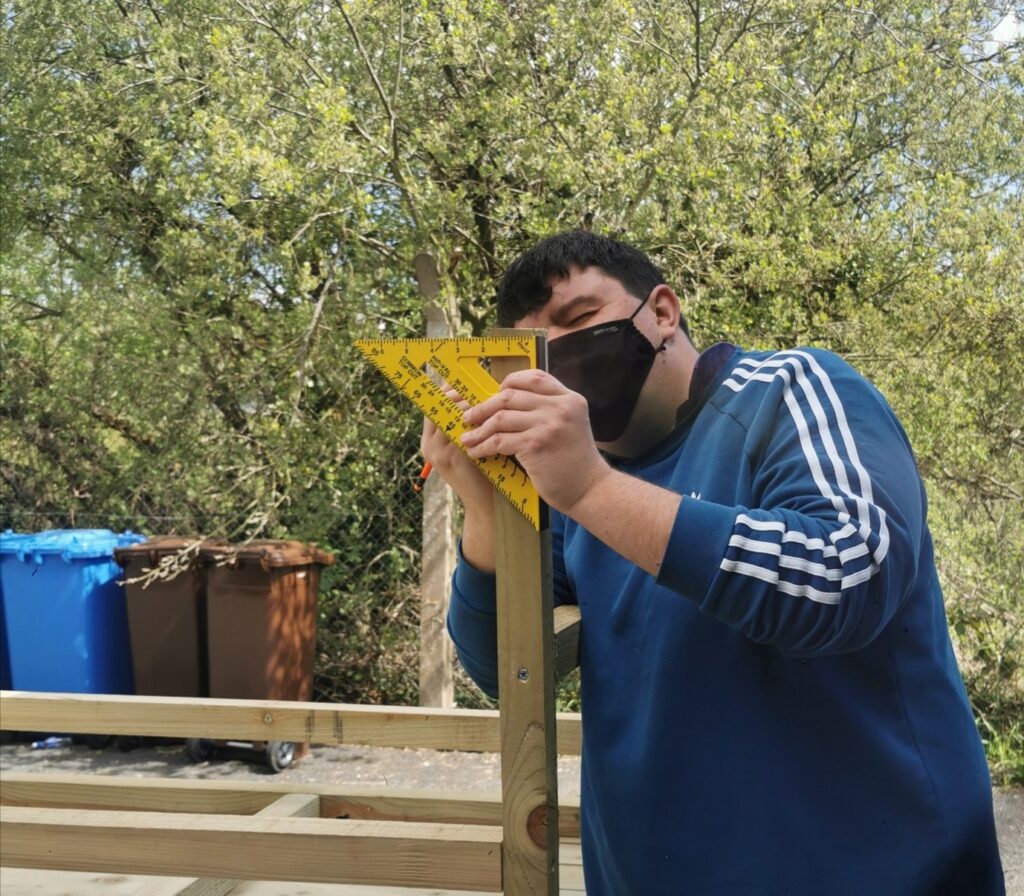Action Mental Health client Mark Kincaid experienced many years of mental ill health before seeking help from the charity, but now he bravely shares his story.
Marking last week’s Men’s Mental Health focus, Mark Kincaid told The Irish News about the importance of the help and support he continues to receive from Action Mental Health
Mark, a father of two from Lisburn, has recently found work in a caring role after his condition caused considerable upheaval in his former career as a graphic designer.
Mark revealed how a lifelong fear of death affected his mental health. “As a kid I was always worried about death… it was quite an anxiety for me. But this was something major for me. This was going to happen, and I couldn’t control it. It became an obsession. I couldn’t eat, I couldn’t sleep, I couldn’t do anything because I thought what’s the point if I’m going to die soon?
“It turns out I have an obsessional disorder. I went through a wedding like this with these feelings,” he said.
“I wouldn’t have known this until I got really unwell, but I have had mental health issues as long as I can remember… probably since I was three years old but being at home in a good family environment protected me because I may have had those things that were bothering me, but the home environment was safe and secure.”
He noticed his mental well-being declining when he became a graphic designer.
“I think of that job in that way: I loved it, but it was detrimental to me. In 1997, I was 23 at the time, I started getting bad thoughts. Really anxious thoughts. I was petrified that I was going to die.”
Anti-depressants helped for a time, however, his obsessional thoughts returned time and again before he had to seek help with Action Mental Health.
“AMH has been a constant for me for two years. I call it Good Ship AMH. When you think about it, you are lost at sea – that’s your mental health. And it’s dark and you don’t know what to do.
“You’ve got this silly little life jacket on, and that’s the medication. So, the waves come, and you go under because the life jacket isn’t perfect but then you see this big light, and the light comes and it’s a ship. The ship comes and it’s called Good Ship AMH.”
Read the full story in The Irish News https://www.irishnews.com/news/healthcarenews/2021/06/20/news/mark-kincaid-shares-his-experiences-for-men-s-mental-health-week-2360366/
Mark’s takes part in Action Mental Health New Horizon’s Working It Out programme, which is funded through the Northern Ireland European Social Fund Programme 2014-2020 and the Department for the Economy.





